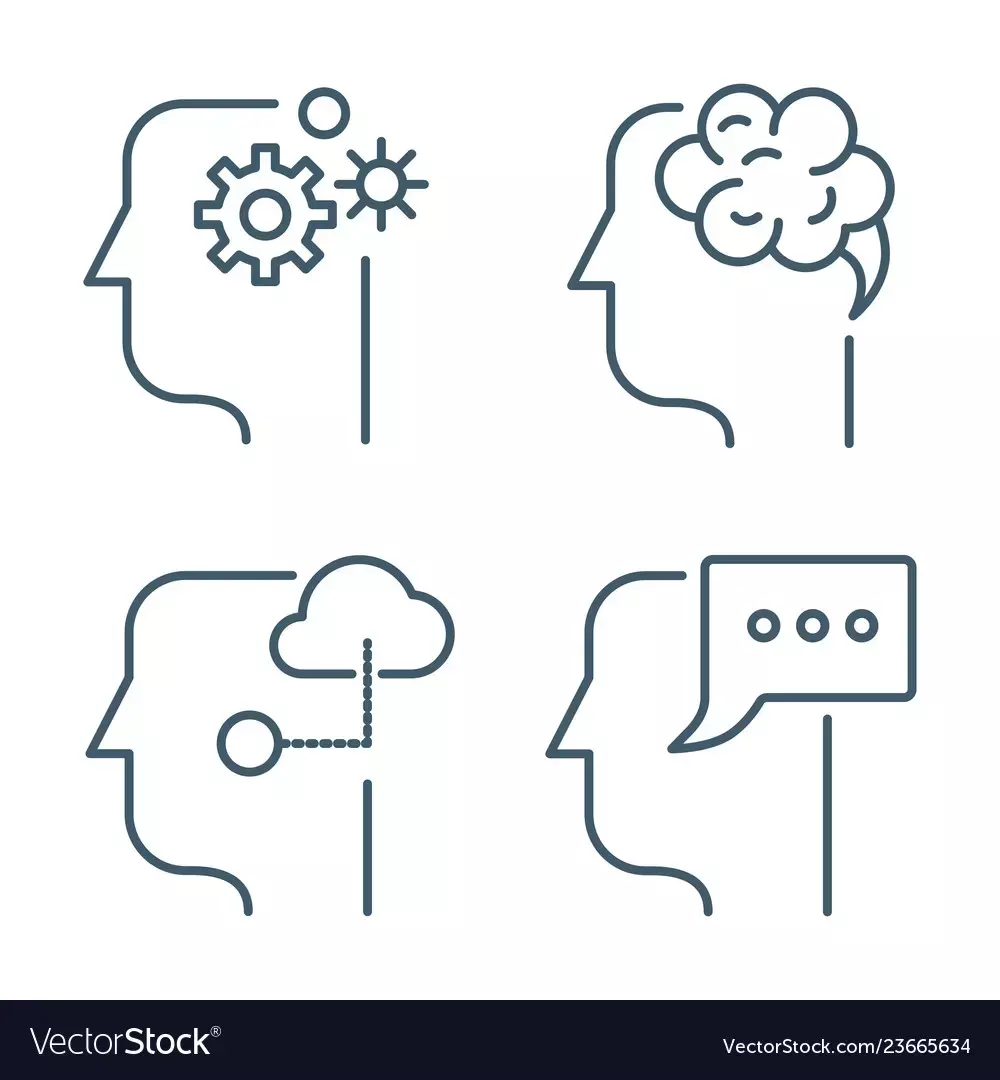- Home
- Medical news & Guidelines
- Anesthesiology
- Cardiology and CTVS
- Critical Care
- Dentistry
- Dermatology
- Diabetes and Endocrinology
- ENT
- Gastroenterology
- Medicine
- Nephrology
- Neurology
- Obstretics-Gynaecology
- Oncology
- Ophthalmology
- Orthopaedics
- Pediatrics-Neonatology
- Psychiatry
- Pulmonology
- Radiology
- Surgery
- Urology
- Laboratory Medicine
- Diet
- Nursing
- Paramedical
- Physiotherapy
- Health news
- Fact Check
- Bone Health Fact Check
- Brain Health Fact Check
- Cancer Related Fact Check
- Child Care Fact Check
- Dental and oral health fact check
- Diabetes and metabolic health fact check
- Diet and Nutrition Fact Check
- Eye and ENT Care Fact Check
- Fitness fact check
- Gut health fact check
- Heart health fact check
- Kidney health fact check
- Medical education fact check
- Men's health fact check
- Respiratory fact check
- Skin and hair care fact check
- Vaccine and Immunization fact check
- Women's health fact check
- AYUSH
- State News
- Andaman and Nicobar Islands
- Andhra Pradesh
- Arunachal Pradesh
- Assam
- Bihar
- Chandigarh
- Chattisgarh
- Dadra and Nagar Haveli
- Daman and Diu
- Delhi
- Goa
- Gujarat
- Haryana
- Himachal Pradesh
- Jammu & Kashmir
- Jharkhand
- Karnataka
- Kerala
- Ladakh
- Lakshadweep
- Madhya Pradesh
- Maharashtra
- Manipur
- Meghalaya
- Mizoram
- Nagaland
- Odisha
- Puducherry
- Punjab
- Rajasthan
- Sikkim
- Tamil Nadu
- Telangana
- Tripura
- Uttar Pradesh
- Uttrakhand
- West Bengal
- Medical Education
- Industry
'Listen-In' therapy app Improves speech in chronic aphasia: Neurology

In a recent development, researchers have suggested that Individuals with chronic aphasia can improve their spoken word comprehension many years after stroke. The interesting findings of the study has been put forth in Neurology.
Auditory spoken language comprehension impairments are common in individuals with aphasia, and for many, these remain chronic. Those with severe spoken language comprehension impairments have worse outcomes and higher drop-out rates from rehabilitation programmes. Developing effective evidence-based therapies for such impairments is a priority.
The efficacy of spoken language comprehension therapies for persons with aphasia remains equivocal. With such background, researchers aimed to investigate the efficacy of a self-led therapy app, 'Listen-In', and examined the relation between brain structure and therapy response.
As for the study design, A cross-over randomised repeated measures trial with five testing time points (12-week intervals), conducted at the university or participants' homes, captured baseline (T1), therapy (T2-T4) and maintenance (T5) effects. Participants with chronic poststroke aphasia and spoken language comprehension impairments completed consecutive Listen-In and standard care blocks (both 12 weeks with order randomised). Repeated measures analyses of variance compared change in spoken language comprehension on two co-primary outcomes over therapy versus standard care. Three structural MRI scans (T2-T4) for each participant (subgroup, n=25) were analysed using cross-sectional and longitudinal voxel-based morphometry.
Data analysis revealed some interesting facts.
- Thirty-five participants completed, on average, 85 hours (IQR=70-100) of Listen-In (therapy first, n=18).
- The first study-specific co-primary outcome (Auditory Comprehension Test (ACT)) showed large and significant improvements for trained spoken words over therapy versus standard care (11%, Cohen's d=1.12).
- Gains were largely maintained at 12 and 24 weeks. There were no therapy effects on the second standardised co-primary outcome (Comprehensive Aphasia Test: Spoken Words and Sentences).
- Change on ACT trained words was associated with volume of pretherapy right hemisphere white matter and post-therapy grey matter tissue density changes in bilateral temporal lobes.
"Results contribute to hemispheric debates implicating the right hemisphere in therapy-driven language recovery. Listen-In will soon be available on GooglePlay."the team concluded.
For full article follow the link: Efficacy of Spoken Word Comprehension Therapy in Patients With Chronic Aphasia: A Cross-Over Randomised Controlled Trial With Structural Imaging
J. Neurol. Neurosurg. Psychiatr. 2021 Mar 12;[EPub Ahead of Print], V Fleming, S Brownsett, A Krason, MA Maegli, H Coley-Fisher, YH Ong, D Nardo, R Leach, D Howard, H Robson, E Warburton, J Ashburner, CJ Price, JT Crinion, AP Leff
Primary source: Neurology
Dr Satabdi Saha (BDS, MDS) is a practicing pediatric dentist with a keen interest in new medical researches and updates. She has completed her BDS from North Bengal Dental College ,Darjeeling. Then she went on to secure an ALL INDIA NEET PG rank and completed her MDS from the first dental college in the country – Dr R. Ahmed Dental College and Hospital. She is currently attached to The Marwari Relief Society Hospital as a consultant along with private practice of 2 years. She has published scientific papers in national and international journals. Her strong passion of sharing knowledge with the medical fraternity has motivated her to be a part of Medical Dialogues.
Dr Kamal Kant Kohli-MBBS, DTCD- a chest specialist with more than 30 years of practice and a flair for writing clinical articles, Dr Kamal Kant Kohli joined Medical Dialogues as a Chief Editor of Medical News. Besides writing articles, as an editor, he proofreads and verifies all the medical content published on Medical Dialogues including those coming from journals, studies,medical conferences,guidelines etc. Email: drkohli@medicaldialogues.in. Contact no. 011-43720751


